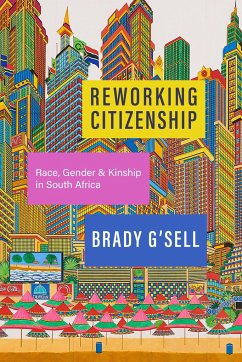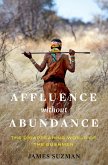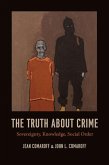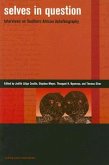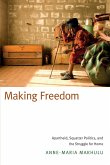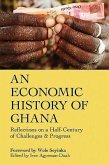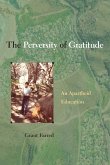"In scenes eerily reminiscent of the apartheid era, July 2021 saw South Africa's streets filled with angry crowds burning and looting shops. Some, enraged by the state of the nation, aimed to disrupt "business as usual." Others, many of them women of color, frustrated by their poverty and marginalization, crossed broken glass to collect food for hungry children. As one black woman told a reporter, reflecting on the country's transition from the apartheid era: "We didn't get freedom. We only got democracy." Across the world, anxieties abound that wage labor regimes and state-citizen covenants are eroding. What obligations do states have to support their citizens? What meaning does citizenship itself hold? This book details the broiling discontent around political belonging exposed by these and similar uprisings. Through long-term fieldwork with impoverished black African, Indian, and coloured (mixed race) South African women living in the Point, an urban neighborhood of Durban, South Africa's third largest city, Brady G'Sell highlights how they strive to rework political institutions that effectively exclude them. Blending intimate ethnography with rich historical analysis, her examples reveal the interrelationship between seemingly disconnected domains: citizenship, kinship, and political economy. G'Sell argues that women's kinship-based labor is central to ensuring the survival of modern states and imbues their citizenship with essential content, and through the notion of relational citizenship offers new imaginaries of political belonging"--
Hinweis: Dieser Artikel kann nur an eine deutsche Lieferadresse ausgeliefert werden.
Hinweis: Dieser Artikel kann nur an eine deutsche Lieferadresse ausgeliefert werden.

